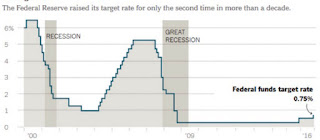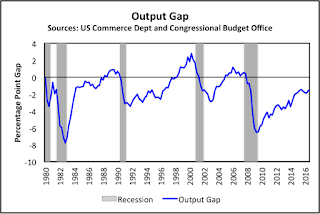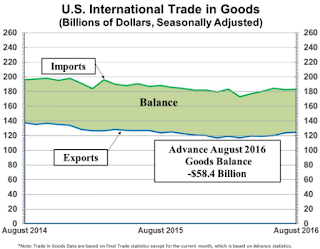One of the smartest answers came from Axel Weber, former head of the Bundesbank, now chairman of UBS. Western banks now have far more spare liquidity and capital. “If you look at pre-crisis, you could run a global bank on 1 or 2 per cent of core tier one capital,” Mr Weber told Fox TV in Washington. “Now most of the banks are well above 10 per cent.” The issue that investors need to understand now is that many “markets” are not true market not true, free, markets because of heavy government intervention. To my mind, this point needs to be proclaimed with a megaphone. Gillian Tett, FT 14 October 2016 Gillian Tett serves as US managing editor. She writes weekly columns for the Financial Times, covering a range of economic, financial, political and social issues. In 2014, she was named Columnist of the Year in the British Press Awards and was the first recipient of the Royal Anthropological Institute Marsh Award. In June 2009 her book Fool’s Gold won Financial Book of the Yea







